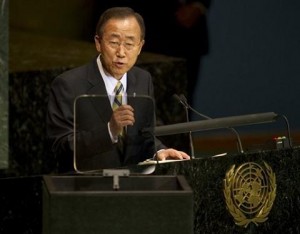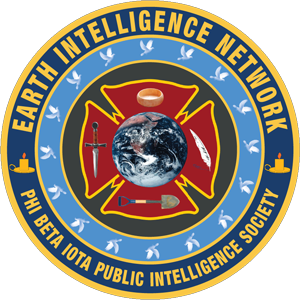
UN Summit Aims to Reduce Poverty, Hunger and Disease
U.N. members resolved a decade ago to reduce extreme poverty, ensure every child finishes primary school and stop the HIV/AIDS pandemic. They also vowed to reduce child mortality, improve maternal health and reduce the number of people worldwide who do not have access to clean water and basic sanitation.
But a U.N. report earlier this year said several of the Millennium Development Goals are lagging and could fail without additional efforts.
Phi Beta Iota: The UN is an Industrial-Era government-centric organization, and is not making–or even recognizing the need to make–any adjustment to the Information-Era. In the absence of public intelligence that enables all publics to see the fraud, waste, and abuse in their respective government's spending, and the relative return on investment of spending to achieve the Millenium Goals, the UN is severely handicapped and unlikely to be successful, especially in the midst of a global economic depression.




